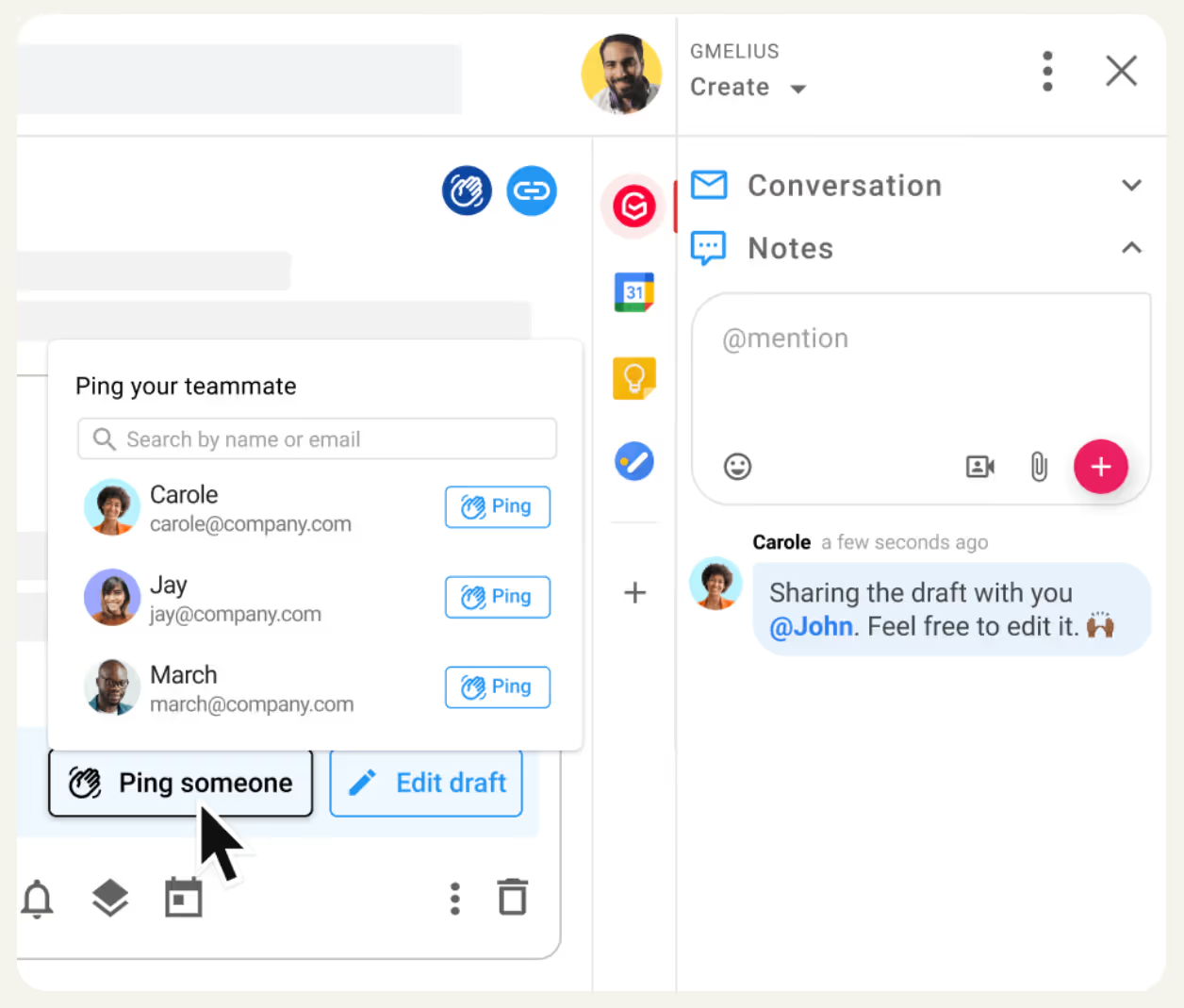Law runs on tight deadlines. Still, attorneys spend their days triaging case threads, chasing client updates, and digging for documents that should be at their fingertips. The result? Fewer billable hours, more stress, and a constant risk of missing critical information.
The numbers tell the story: according to a Clio legal trends report, most lawyers average only 2.9 billable hours per day. The rest of the workday gets swallowed up by administrative tasks, chief among them, email. Sorting, tagging, forwarding, and manually archiving messages takes valuable time away from legal strategy, client service, and courtroom preparation.
Why Legal Teams Need Automated Email Workflows
This problem compounds as firms grow. More attorneys mean more inboxes, more case-related threads, and more chances for important communications to be missed. For firms already under pressure to hit deadlines and maintain compliance with strict regulatory frameworks, this manual approach simply doesn’t scale.
That’s why automation has become a game-changer. By using an email management platform, law firms can transform repetitive inbox tasks into automated workflows. Instead of digging through cluttered inboxes, attorneys get the right information at the right time: organized, compliant, and secure.

6 Ways an Email Management Platform Can Automate Legal Workflows
1. Trigger-based rules: Automating tasks with “if-this, then-that” logic
At the core of email automation are triggers, which are conditions that automatically kick off a workflow. Platforms like Gmelius allow you to set up rules such as:
- When a new client inquiry arrives, automatically assign it to the intake paralegal.
- When opposing counsel replies to a case thread, notify the lead attorney instantly.
- When a message is tagged as “urgent,” escalate it to the practice group partner.
This approach ensures every email gets routed to the right person without delay. In practice, it eliminates the lag time between receiving a message and deciding what to do with it—a lag that often leads to missed opportunities or compliance risks.
2. Filtering for precision: Apply contextual rules
Not all emails are created equal, and legal teams can’t afford to waste time on low-priority threads. Filters let you refine automation by applying contextual conditions like sender, subject line, body keywords, or time of receipt.
Consider a few examples:
- Route all emails with “urgent filing” in the subject to the litigation partner on duty.
- Assign correspondence from a specific government domain to the compliance team.
- Auto-tag emails from key clients so they’re easy to locate during case reviews.
These contextual rules mean attorneys aren’t buried in irrelevant emails, they only see what truly matters for their cases and clients.
3. Automating actions: Assign, tag, archive, and reply all hands-free
Automation doesn’t stop at routing and filtering. Platforms like Gmelius let firms apply actions automatically, such as:
- Assigning emails to specific attorneys, either via round-robin or load balancing.
- Changing status or adding tags for easy categorization.
- Moving emails into Kanban boards or case-specific workspaces for visibility.
- Adding internal notes so colleagues see context without forwarding chains.
- Sending templated replies to acknowledge client inquiries.
- Archiving non-critical messages so inboxes remain clutter-free.
For example, when a new intake request arrives, the system could automatically assign it to the intake coordinator, send a templated “Thank you, we’ll review your request” message, and file the email under “Prospective Clients.” All without anyone touching the inbox.
4. Multi-action rules and SLA automation: Scaling efficiency
Legal workflows often require multiple steps at once. With multi-action rules, a single trigger can perform a series of actions simultaneously. Imagine receiving an email from a court clerk:
- The system assigns the message to the lead attorney.
- Tags it as “Court Notice.”
- Adds it to the litigation workspace.
- Sends an acknowledgment to the client confirming receipt.
All in a single workflow.
On top of that, Service Level Agreement (SLA) timers enforce response times. For example, firms can require all client inquiries to receive a response within 2 hours. If no one responds within that window, the system can escalate the email to a partner. This not only improves client satisfaction but also ensures teams stay accountable.
5. Cross-team efficiency: Unified workflows across shared inboxes
Many firms operate with multiple practice groups: litigation, estate planning, corporate law, family law. Each group has unique workflows but faces the same inbox overload challenges.
With platforms like Gmelius, multi-workspace rules ensure consistent automation across departments. This creates:
- Standardized processes across practice areas.
- Visibility into who is handling what, reducing silos.
- Consistent compliance safeguards regardless of department.
For example, all “urgent” client emails could automatically trigger the same escalation workflow firm-wide, ensuring no critical issue slips through the cracks.
6. Supporting compliance and security in legal email management
Efficiency is critical, but in legal practice, compliance and security are non-negotiable. Automation helps firms meet these standards by:
- Automatically archiving messages to comply with retention policies.
- Applying classification rules for sensitive information.
- Logging every action with audit trails.
With Swiss-grade security protocols, Gmelius ensures that client communications are encrypted and accessible only to authorized team members. This combination of automation and security gives firms the confidence to handle high-stakes legal correspondence without risking attorney-client privilege.
What Law Firms Can Gain From Email Automation
The benefits of automated email workflows go beyond convenience. For law firms, they directly impact productivity, client satisfaction, and bottom-line revenue.
- More billable hours: By reducing time spent on manual inbox management, attorneys can focus on revenue-generating client work.
- Error reduction: Rules and templates ensure accuracy, minimizing the risk of overlooked communications or missed deadlines.
- Better client experience: Automation ensures clients receive instant acknowledgments, timely updates, and proactive reminders.
- Compliance made simple: Archiving, tagging, and audit trails are handled automatically, reducing risk during audits or litigation holds.
- Happier teams: With less administrative burden, attorneys and staff experience fewer interruptions and more focus time.
In a competitive legal landscape, these improvements aren’t just “nice to have”, they can define a firm’s reputation and growth trajectory.

Start Automating Email Workflows With Gmelius
Email doesn’t have to be a bottleneck. By pairing legal expertise with smart automation, law firms can turn inbox chaos into structured workflows that save time, improve compliance, and strengthen client trust.
Gmelius makes this transformation possible. With AI-powered sorting, shared inboxes, and multi-action automation, it integrates directly into Gmail to streamline communication without adding yet another tool to your stack.
Whether your firm is two attorneys or two hundred, Gmelius equips you to handle high-volume, case-sensitive email with precision and security, right where your team already works.
Ready to reclaim valuable hours and streamline your firm’s communication?
Start automating your workflows with Gmelius today.
.avif)


.avif)

.avif)
.avif)
.avif)